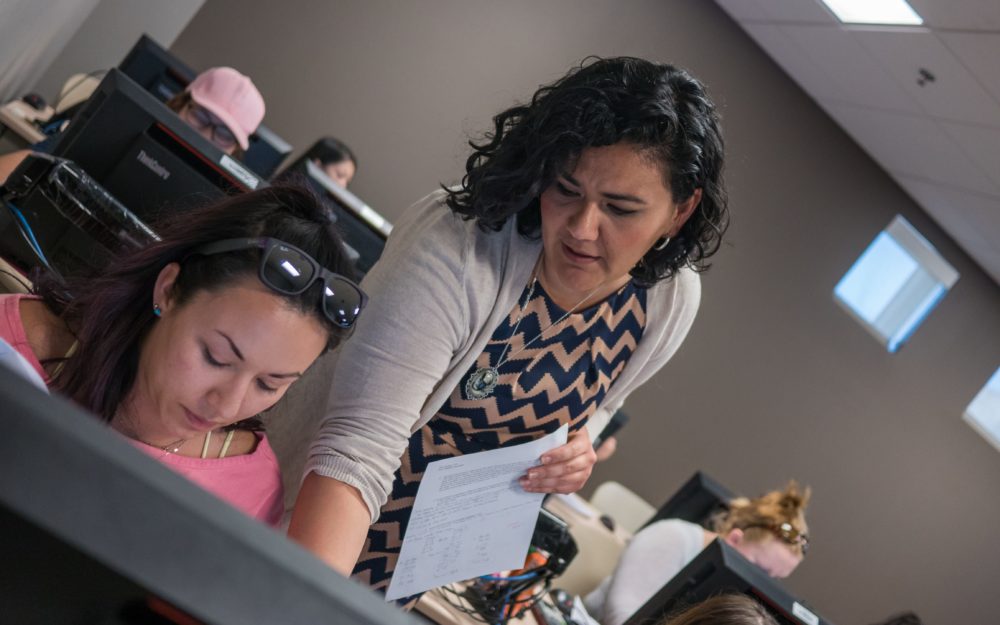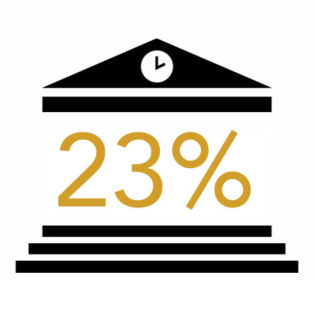


.svg)
From learning the art of persuading others to peeling back the layers of human consciousness, psychology attempts to understand complex human behavior. Using the tools of the scientific method, psychologists investigate issues that impact our daily lives and the world around us such as human development, prejudice and discrimination, memory processes, and mental health, to name a few. Your instructors show you how to apply psychological concepts to understand human behavior and train you in research methodology and statistics to be an effective consumer of information. Students who choose to pursue a degree in psychology at Nevada State will receive a top-notch education taught by experts in the field who love to teach and create engaging experiences for students.
The Bachelor of Sciences (BS) in Psychology covers many of the same topics found in the Bachelor of Arts (BA). However, the BS has a higher minimum requirement for math (Calculus I) and an additional required natural sciences course. The BS also requires PSY 375 (Undergraduate Research). The skills you'll learn in these classes are particularly helpful for students interested in pursuing experimental psychology or going on to a graduate program.
As a student in this program, you will seek to understand the biological, social, and cognitive underpinnings of behavior. In doing so, you’ll examine nearly every facet of human experience, from memory, to cognitive development, to the ethics of experimentation. We are dedicated to providing students with rigorous academic preparation in the science of psychology. This preparation emphasizes an empirical approach with a concerted focus on the use of research methodology and statistical analysis to solve problems. In this program, you will be introduced to the core areas of the field through a variety of active learning techniques and hands-on experiences.
Ultimately, the psychology faculty hope to cultivate intellectually and emotionally well-rounded students with the knowledge and lifelong learning skills needed to succeed in the workplace and in graduate school.
If you'd like to learn more, take a look at the NSC Social Sciences Facebook page or Psychology@nsc



.svg)
A bachelor’s degree in Psychology is a highly versatile degree. It helps you gain insight into human behavior, strong analytical skills, a good understanding of data, and ample practice in communicating effectively. These skills will serve you well in any career where you regularly work with others such as in social work, counseling, market research, or business.
Students interested in pursuing work in the mental health profession should consider pairing this major with our Minor in Counseling. Students who complete the Counseling Minor are also eligible to pursue certification to become an Alcohol and Drug Abuse Counselor (CADC) with a reduced practical experience requirement (e.g., 1,500 instead of 4,000 supervised hours). Other sample job titles requiring a bachelor’s degree include Psychosocial Rehabilitation Specialist, Case Manager, Psychiatric Technician, and Family Services Specialist.
.svg)
.svg)
With so many amazing classes in psychology, it is hard to name a class that isn’t engaging. Some highlights include:
We also have several special topics courses. For example, in Fall 2019, Dr. Marshall is offering PSY 499: The Psychology of Money.